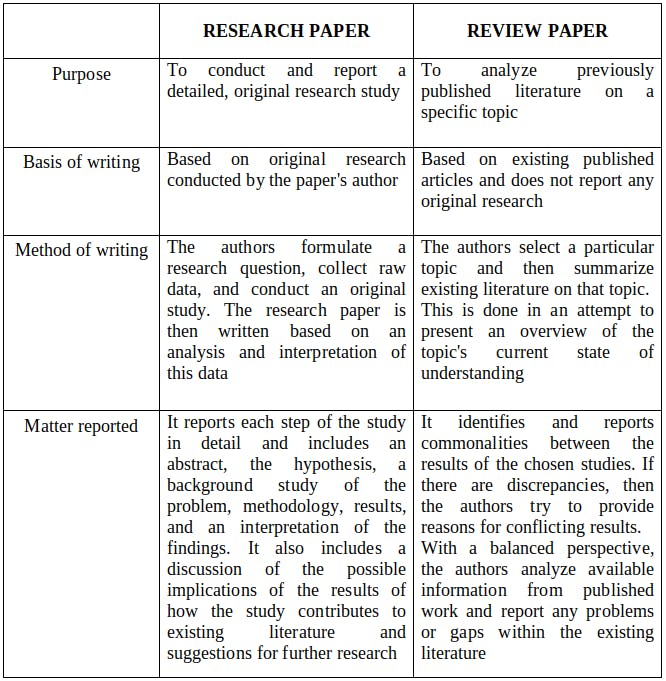Dear readers, I am grateful that you have decided to join me at the very beginning of what I presume to be a rather mystic journey of research. Enthralled by the world of technology that we find ourselves surrounded with, I am delving into the ‘whats and whys’ of research related to the sprawling domain of information security.
The dictionary, on consultation, says that research is defined as ‘a careful study of a subject, especially to discover new facts or information’. Wikipedia, however, shows us the different forms and applications that research takes.
Original research is also called primary research. The purpose of original research is to produce new knowledge, rather than to present summarised knowledge in a new form. Scientific research, on the other hand, is a systematic way of gathering data and harnessing curiosity. This provides scientific information and theories for the explanation of natural phenomena and the properties of the world. It makes practical applications possible.
Personally, and rather poetically, I think that research is but an extension of the innate curiosity that all humans are born with. It allows us to explore the mysteries that the world presents us with and shows us dimensions that we never dared to dream of. Research is what enables civilisations to flourish and discoveries to be made. In the online world that the modern-day presents, coupled with the information explosion that we witness today, safety of the aforementioned information remains a top priority. Information security presents a realm of opportunities that certainly does excite me.
The hot-spots for research in the world of information security are as follows.
- Secure quantum communications
- Secure communications for space
- Cyber autonomy and automation
- IoT and cyber-physical security
- Data privacy and user data control
- Cyber law and ethics
- Secure software engineering
- National security and cyber policies
- Cyber criminology
Did those terms sound a little like Greek to you (unless you are a scholar of Greek, in which case I invite you to pick a language you don’t know)? Fear not, as it's no biggie at all. We are all here to learn. After all, isn’t that what research is all about? Learning what we know, learning a little more, and then sharing this newfound learning with the rest of the world—that's research for you.
It is of utmost importance that we familiarise ourselves with some research jargon. For instance, there are two different kinds of papers. We have the research paper and the review paper.

Now, its time to learn a shocking truth (It certainly shocked me).
Cyber security and information security aren’t the same. I have often mistaken them to be synonyms—turns out they are not! Let us delve deeper into this common mistake.
What is Cyber Security?
Cyber security is the practice of protecting information and data from outside sources on the Internet. It also ensures that only authorised people have access to that information.
In an office setting, one individual might go to another’s computer, install a flash drive, and copy confidential information. This falls more under the category of information security. If someone halfway across the world manages to hack into another company's network and breach their system, this company needs better cyber security.
What is Information Security?
Information security is all about protecting information and information systems from unauthorised use, assessment, modification, or removal. It is similar to data security, which has to do with protecting data from being hacked or stolen. Data is classified as information that means something.
All information is data of some kind, but not all data is information. When certain things are stored in a computer system, they are considered data. It is not until it’s processed that it becomes information. Once it becomes information is when it needs protection from outside sources. These outside sources may not necessarily be in cyberspace.
In a nutshell
While many people still consider cyber security and information security to be the same, their capabilities are quite different. They both officer protection against information and data being stolen, accessed, or changed, but that's where the similarities end.
Information doesn’t have to be on a computer to require an information security system. Even if it’s stored in a file cabinet, it needs good information security. Cyber security deals with protecting data and information from outside sources in cyberspace or the Internet.
Armed with this basic knowledge and clarity, we are ready to dive deeper into research related to the cyber world.
Written by: Adithi Bhat

